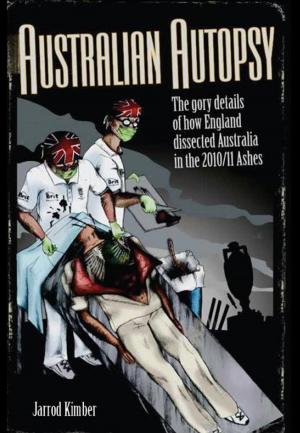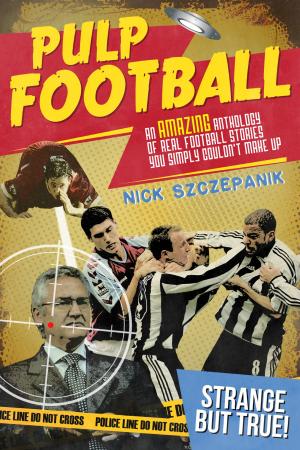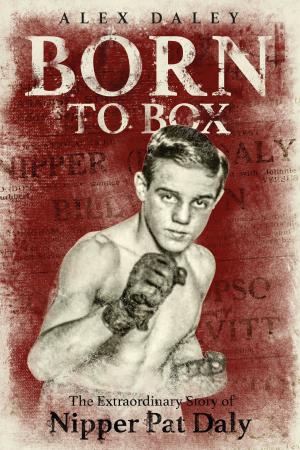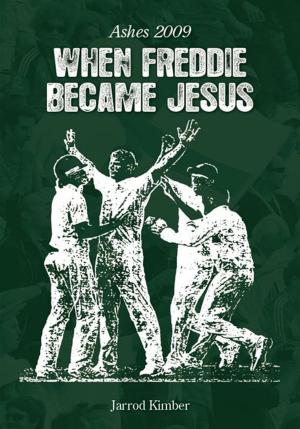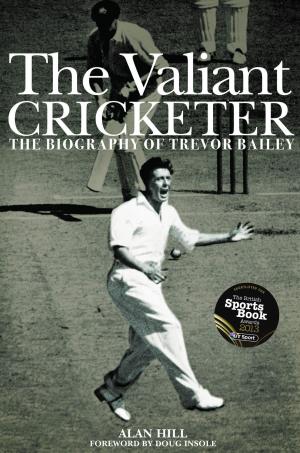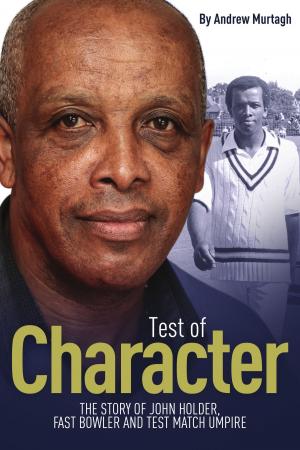His Own Man
Otto Peltzer: Champion Athlete, Nazi Victim, Indian Hero
Nonfiction, Sports, Running & Jogging, Biography & Memoir| Author: | Donald Macgregor, Tim Johnston | ISBN: | 9781785312526 |
| Publisher: | Pitch Publishing | Publication: | August 22, 2016 |
| Imprint: | Pitch Publishing | Language: | English |
| Author: | Donald Macgregor, Tim Johnston |
| ISBN: | 9781785312526 |
| Publisher: | Pitch Publishing |
| Publication: | August 22, 2016 |
| Imprint: | Pitch Publishing |
| Language: | English |
His Own Man is the story - the first in English - of an unjustly forgotten athlete, who ascended the heights, fell from grace under the Nazis, then achieved redemption coaching street children in India. Born with the twentieth century, Otto Peltzer overcame a lonely childhood, beset by illness, to gain a doctorate in sociology and multiple world records on the running track. In 1920s Germany he became an international celebrity, rival to Paavo Nurmi, the 'Flying Finn'. He competed in two Olympics, but his outspokenness made him persona non grata to the Nazis. His homosexuality was the pretext for a trial which resulted in his being sent for 're-education' in Mauthausen concentration camp. After the war, having survived four years of brutal treatment and lost his home and family to the Red Army, Peltzer was blocked from competing or coaching by his 'denazified' pre-war enemies. He found salvation in India, where, as national coach, he followed up a surprise victory over an all-conquering German team by training street urchins to Olympic level. Chronically ill as a result of his camp experiences, he died of heart failure in 1970.
His Own Man is the story - the first in English - of an unjustly forgotten athlete, who ascended the heights, fell from grace under the Nazis, then achieved redemption coaching street children in India. Born with the twentieth century, Otto Peltzer overcame a lonely childhood, beset by illness, to gain a doctorate in sociology and multiple world records on the running track. In 1920s Germany he became an international celebrity, rival to Paavo Nurmi, the 'Flying Finn'. He competed in two Olympics, but his outspokenness made him persona non grata to the Nazis. His homosexuality was the pretext for a trial which resulted in his being sent for 're-education' in Mauthausen concentration camp. After the war, having survived four years of brutal treatment and lost his home and family to the Red Army, Peltzer was blocked from competing or coaching by his 'denazified' pre-war enemies. He found salvation in India, where, as national coach, he followed up a surprise victory over an all-conquering German team by training street urchins to Olympic level. Chronically ill as a result of his camp experiences, he died of heart failure in 1970.


